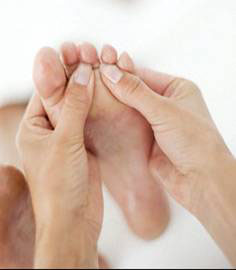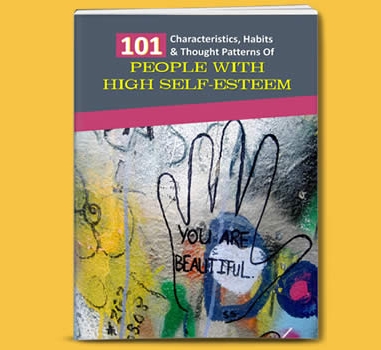Reflexology
Reflexology works on a holistic level, that is it works on the body as a whole.
Orthodox medicine tends to treat symptoms in isolation. When your GP only has about six minutes to spend with you during an appointment, it can be difficult to get to the bottom of many issues and patients often fail to mention minor symptoms which they feel are not really relevant.
For example, a client seeing their GP about constipation may fail to mention that their knees are sore as the two would not seem to be related; however there are spinal nerves in the lumbar region of the spine that relate to the knees and the colon, therefore a link is possible.
When you visit our Reflexologist for the first time, they will spend quite a long time completing a consultation, which will help them to build up a clear picture of all of your health issues.
Be assured that our Reflexologists’ operate under total confidentiality and are fully trained to deal with all manner of health conditions.
Any clients under the age of 16 must be accompanied by an adult during the consultation.
Remember to tell your Reflexologist everything, no matter how insignificant a symptom might seem.
A reflexologist applies pressure to reflex points on your feet (or hands) that correspond with all the organs, glands, tissues and muscles in your body.
If you have had any operations or serious illnesses, the Reflexologist will need to ask you questions about these to ensure that the treatment is safe to be carried out.
You will also have the opportunity to ask questions about the treatment before and during the session. You will be asked to remove your shoes and socks or tights. Do not be offended if your Reflexologist wipes or cleans your feet – this is standard practice!
The therapist will note the size, colour, shape, odour, texture, temperature, width, any hard skin, blisters, corns, infections or veins.
Before the treatment begins, your Reflexologist can tell a great deal about your state of health just by looking at your feet.
Cold feet for example could be an indicator of poor circulation and damp, sweaty feet could indicate a hormonal imbalance. It is also quite common to have some hard skin over a reflex which needs attention and after several treatments you will find that your hard skin has gone, this is because your posture may change as your body is brought into balance.
Your Reflexologist may apply a small amount of cream or powder to help them to work their fingers and thumbs across the reflex points on your feet to stimulate them. The pressure your Reflexologist uses will be firm but not painful and should not tickle. A typical treatment starts and ends with some gentle relaxation techniques, then your Practitioner will work the reflexes of the whole foot and ankles.
Your Reflexologist will return to areas where they feel more work is required. Different reflexes may spark different sensations, do tell your therapist if you feel any sensations as your treatment progresses and they will tell you what they have felt
Before you leave your session you may if the therapist feels it is necessary be given dietary advice or some self help exercises, you will definitely be advised to drink plenty of water.
Reflexology complements conventional medicine and other holistic therapies.
These are some of the conditions Reflexology can assist in the relief of:
Asthma
Digestive disorders
Stress related conditions
Sinusitis
I.B.S
Ear problems
Digestive Disorders
Migraine








